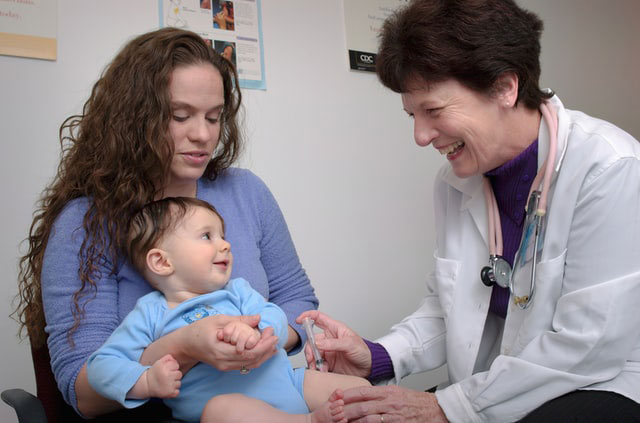Urology is a medical specialty focused on the diagnosis and treatment of disorders related to the urinary tract and the male reproductive system. Urologists are medical doctors who specialize in this field and are trained to manage a wide range of conditions, both surgical and non-surgical, that affect the kidneys, bladder, ureters, urethra, and male reproductive organs. Here are some key aspects of urology:
- Conditions Treated: Urologists diagnose and treat various urological conditions, including:
- Kidney stones
- Urinary tract infections (UTIs)
- Enlarged prostate (benign prostatic hyperplasia or BPH)
- Prostate cancer
- Bladder cancer
- Kidney cancer
- Erectile dysfunction
- Infertility
- Incontinence (urinary or fecal)
- Pelvic organ prolapse
- Urethral strictures
- Testicular cancer
- Male infertility
- Sexually transmitted infections (STIs) affecting the genital and urinary organs
- Diagnostic Tools: Urologists use various diagnostic tools and procedures to evaluate and diagnose urological conditions. These may include imaging studies such as ultrasounds, CT scans, and MRIs, as well as laboratory tests and endoscopic examinations.
- Surgical Interventions: Urologists perform a range of surgical procedures to treat urological conditions. Common surgeries include:
- Prostatectomy (removal of the prostate)
- Nephrectomy (removal of the kidney)
- Cystectomy (removal of the bladder)
- Kidney stone removal
- Ureteral reimplantation
- Vasectomy and vasectomy reversal
- Penile implants for erectile dysfunction
- Surgery for urinary incontinence
- Testicular surgery
- Bladder reconstruction
- Minimally Invasive Techniques: Many urological surgeries are now performed using minimally invasive techniques, such as laparoscopy and robotic-assisted surgery. These methods often result in shorter recovery times, less pain, and smaller incisions compared to traditional open surgery.
- Cancer Care: Urologists are heavily involved in the diagnosis and management of urological cancers, including prostate cancer, bladder cancer, and kidney cancer. They may work in collaboration with oncologists and other specialists to provide comprehensive cancer care.
- Pediatric Urology: Pediatric urologists specialize in treating urological conditions in children, including congenital abnormalities, urinary tract infections, and surgical procedures such as circumcision and hypospadias repair.
- Continence and Pelvic Floor: Urologists also play a role in addressing issues related to urinary and fecal incontinence and pelvic floor disorders in both men and women.
- Research and Innovation: The field of urology continues to evolve with ongoing research and technological advancements, leading to improved diagnostic and treatment options.
Urologists aim to improve their patients’ quality of life by providing comprehensive care for conditions affecting the urinary and reproductive systems. They often work closely with other healthcare professionals, such as nephrologists, oncologists, and gynecologists, to deliver well-rounded care to their patients.

